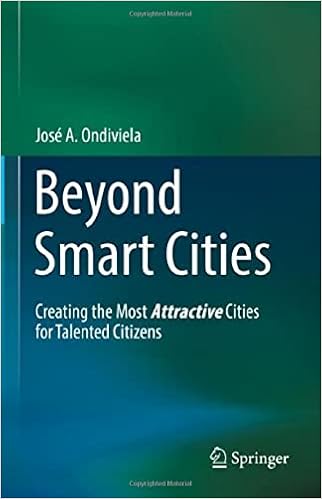Cities are experiencing unprecedented times. In addition of managing the best possible post-pandemic recovery, Cities are at the beginning of the 4th industrial revolution, and all want to play a relevant role in it. To achieve this, they must retain and attract the necessary talent. There is a fierce competition where cities transform to become as attractive as possible. But what makes a city attractive (from emotional and rational sides) to talented citizens?
For mayors and city directors: how can I prepare my city for this goal? What kind of transformations in the medium-long term should I develop?
And in the short term, what processes and technologies (SmartCity) should I put in place?
And from the point of view of citizens: how do I choose the best city to develop my full potential? Which one offers me the best citizenship contract? Where am I going to enjoy the best services with the highest quality of life and lower taxes/cost of life? In addition, the city must be attractive, with a strong identity and dynamism and promising future. Can I find the cities that best suit my aesthetic and emotional preferences, and that also offer me the services that I consider a priority at the lowest cost to my pocket? Find all the answers in this book.
El libro de José Antonio Ondiviela Beyond Smart Cities: Creating the Most Attractive Cities for Talented Citizens (Springer International Publishing, 2021) reúne los frutos de su tesis doctoral, defendida en el Programa Internacional de Doctorado de la Universidad Francisco de Vitoria y desarrollada en el seno del GEI Imaginación y Mundos Posibles.


Comentarios
Publicar un comentario